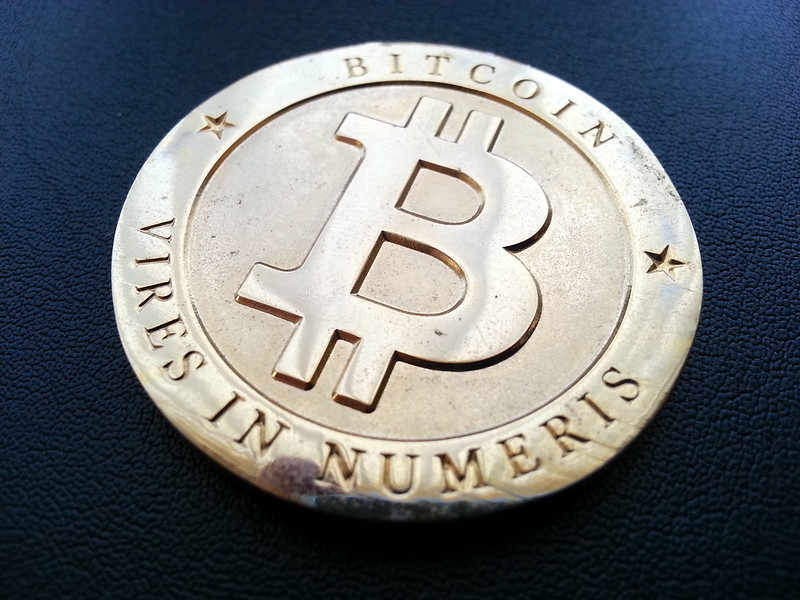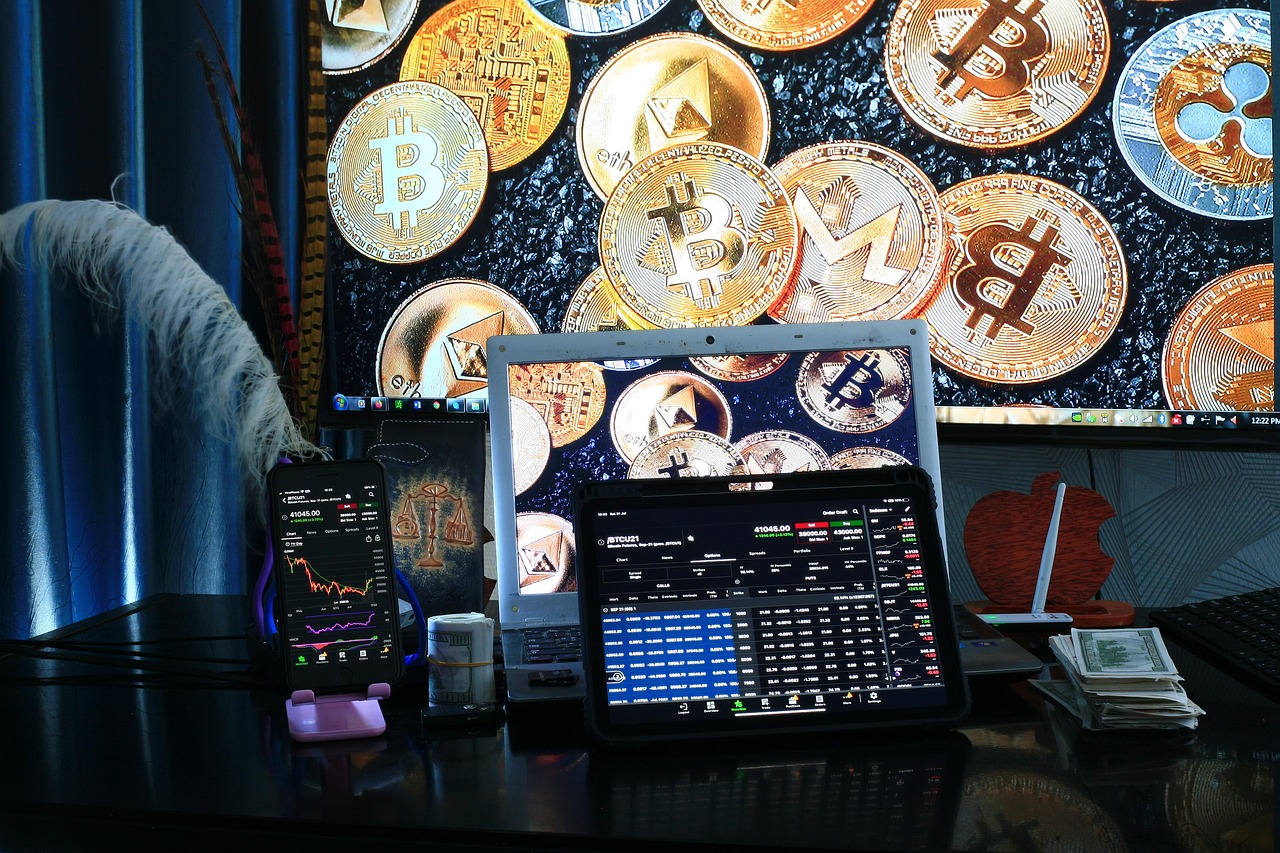Even analysts at one of the largest investment banks in the world noted that Bitcoin proved itself to be a resilient asset during March’s financial meltdown. However, the cryptocurrency would likely remain as a speculative asset rather than the safe haven or “digital gold” some enthusiasts are predicting it would become.
JP Morgan Chase & Co. released a note to investors on June 11, a copy of which was obtained by CoinDesk, where it outlined the bank’s observations on Bitcoin’s recent market performance. Led by Joshua Younger, the team of the investment bank’s strategists noted how the token’s price shifted from being an uncorrelated asset to one whose value now tracks that of stocks.
“Though correlations were modest and mostly mean-reverting around zero for much of the past couple of years, in recent months they have moved sharply higher in some cases (equities) and lower in others (U.S. dollar, gold),” JP Morgan Chase’s team of strategists said.
In March, Bitcoin was outperforming traditional assets on a volatility adjusted bases, the bank’s analysts noted in their report. In addition, the liquidity in major Bitcoin exchanges was observed to be more resilient compared to those dealing with gold, equities, foreign exchange, and U.S. Treasury bonds.
The strategists noted that while liquidity in Bitcoin markets dropped dramatically, they recovered more quickly than those of other assets. “Bitcoin saw among the most severe drops in liquidity around the peak of the crisis in March, but that disruption was cured much faster than other asset classes,” the team wrote. “At this point, bitcoin market depth is above its 1-year trailing average, while liquidity in more traditional asset classes has yet to recover.”
But despite Bitcoin’s resilience, the cryptocurrency still failed to become the “digital gold” enthusiasts have been claiming the token would one day become. Evidence at this point suggests that it will continue to function as a speculative asset.
“There is little evidence that bitcoin and others served as a safe haven (i.e., ‘digital gold’) — rather, its value appears to have been highly correlated with risky assets like equities,” the strategists wrote. “This all likely points to the continued survival of the asset class, but likely still more as a vehicle for speculation than as a medium of exchange or store of value.”
























Comment 2